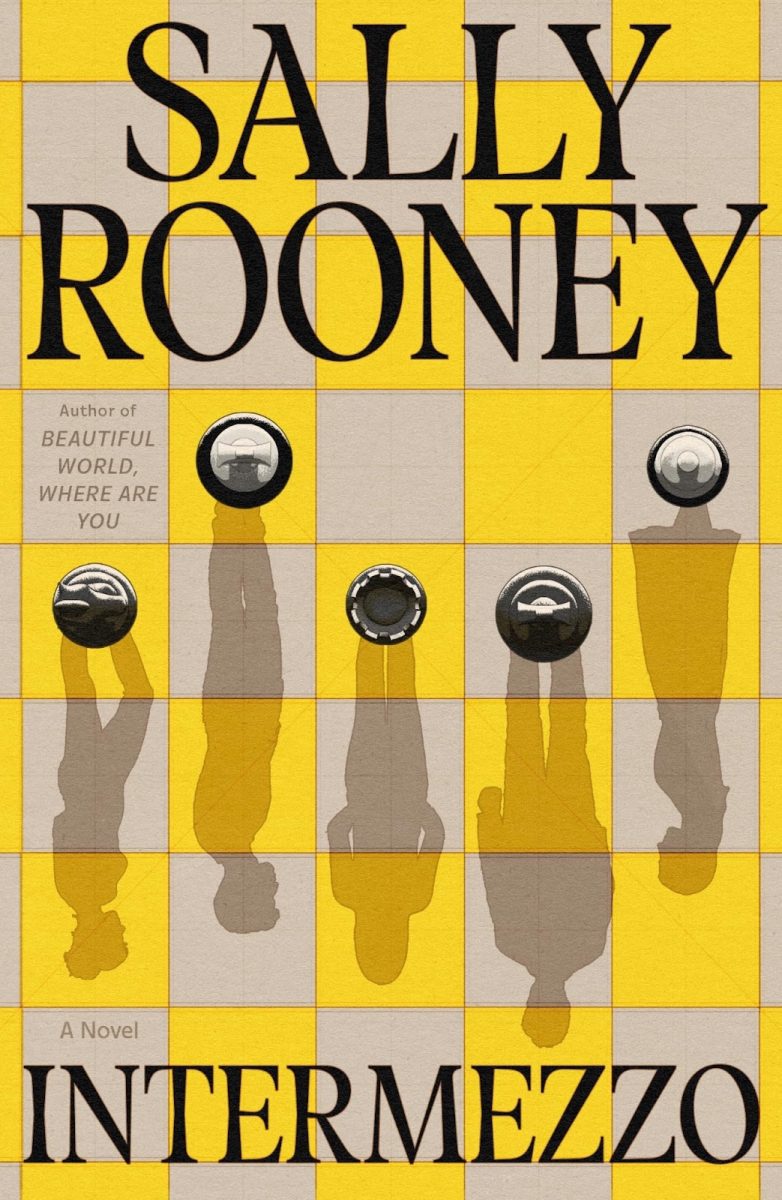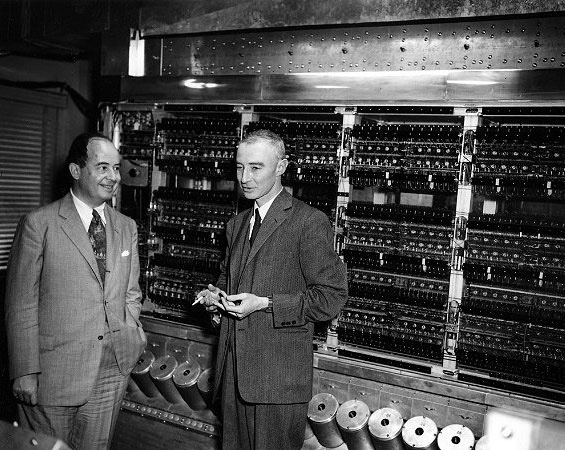Director Francis Lawrence’s new film Red Sparrow feels especially relevant in the wake of Icarus, a Netflix original film about state-sponsored Russian doping, taking home Best Documentary Feature at the Oscars.
Unfortunately, while Icarus is an exposé worthy of Academy acclaim, Red Sparrow is considerably less venerable. They are different films, no doubt, but only one deserves lasting conversation. While Francis Lawrence’s film does its best to fit the bill of intrigue, it falls short in terms of creative, vivacious filmmaking. It is yet another iteration of the organizational tete-a-tete we have all become used to in spy films. The tropes of espionage are to their fullest effect, and while the film remains a somewhat intriguing one to watch, it will likely prove to be less a beast of endurance than ephemeral entertainment. It is a flash in the pan of the inconsistent moviegoer, heavier than a Friday night rom-com, but only heavier in the sense of its subject. In its treatment of such a subject, it inhabits a similarly banal world. It’s the classic secret agent version of whodunit — a mole root-out — much like Tinker Tailor Soldier Spy, only less sophisticated and intelligent.
Dominika Egorova (Jennifer Lawrence) is the soloist of the Bolshoi, a Russian balletic paradigm poised to keep her spot atop the premier Russian dance company. But when her leg is grotesquely smashed during an on-stage accident (something quickly found to be the jealous machinations of a dancer with a dream), her ballet career shatters alongside her tibia. Dominika uses the Bolshoi’s benefits to pay for her diseased mother’s medical care. Without it, her mother will be sent to the woefully underfunded federal facility.
Dominika’s uncle, Ivan Egorov (Matthias Schoennaerts), is the deputy director of the SVR, Russia’s external intelligence agency. He approaches Dominika, post-injury, as the Putin-esque bureaucrat she knows he is, and offers her a chance to continue to care for her mother through a favor to him, and to the state at large. She is to seduce a Russian politician and switch out his phone with a state-tapped one. A simple task, but of course it becomes the convoluted mess that launches the entire film. During the operation, set in a glittering Russian hotel fit for a king (or the state’s top officials), Dominika is assaulted by the politician, and saved from the savagery by an operative of the state. Though now, Dominika has seen things she should not have seen (things assiduously placed and planned), and is offered what many view as the Russian state’s proposition to all its citizens from birth: serve the interests of the state in perpetuity, or die. The only way for Dominika to continue to be able to pay for her mother’s care is to choose service.
Soon after, Dominika is sent to a state-sponsored facility that trains women and men in the art of sexual espionage. Through psychological and physical scrutinization, exacted by the brutally uncompromising Matron (Charlotte Rampling) of the “Sparrow School,” the recruits are trained to be the perfect sexual sociopath. To be a Red Sparrow is to be an inveterate emotional liar. Dominika resists some aspects of her training, but is ultimately pushed through by her uncle, along with General Vladimir Korchnoi (Jeremy Irons) and sent on her first mission, to infiltrate American CIA operative, Nate Nash (Joel Edgerton), in order to find the mole ratting out Russian secrets to the American intelligence agencies. What follows is an intricate devolution of betrayals and semi-baffling surprises as the film dashes toward its 139th minute.
A line uttered early in the film is indicative of the Russian state’s men, in both the film and the real world. Nate quips: “You only matter in Russia if important people think you matter.” Dominika responds, “Is that so much different than America?” It is a worthwhile question, although as General Korchnoi puts it later in the film, “at least, in America, personal freedom is an aspiration.” In Russia, it is not even a false pretense. The comparative freedom of America to Russia is evident, but America faces its own, possibly more insidious social issues, and the film’s tongue-in-cheek nod towards domestic unrest is one of its best moments. The despotic chokehold of the Russian state within its own country, and its attempt at sowing worldwide discord is particularly resonant both in the film and in life. Our own domestic quandaries sizzle in the background.
Political relevance aside, the saving grace of Red Sparrow lies in the performance of Jennifer Lawrence, undeniably the best and most distinctive part of the film. Although larger failures abound, Jennifer Lawrence pushes Red Sparrow forward with clenched fists. Her accent may be a bit difficult to verify (Jeremy Irons seems to have made little-to-no attempt to erase his British lilt), but her performance is in no way shaky. She is outstanding, and in the scene-by-scene nuance she concentrates on keeping the film from falling off a precipice. Jennifer Lawrence is a prodigious actor and a pleasure to watch on screen. Her theatrical largesse, giving herself and her character to the audience in full-bodied passion, is something to be lionized. Similar to Jessica Chastain in Molly’s Game, Jennifer Lawrence spearheads another average film buoyed for the most part by its leading actor (although I would put Molly’s Game significantly behind Red Sparrow, if only because Sorkin’s expectations were so high). Both women deploy femininity past the archetypal femme fatale, using their legitimate intelligence to throw the realm of misogynistic men into convulsion. The rest of the film, aside from Jennifer Lawrence, largely sags back onto the template of convention and mass-appeal, but the fierce feminism Jennifer Lawrence exudes is all but a revelation.
Sadly, although Jennifer Lawrence digests her role completely, everyone else’s performance seems not quite up to snuff. Edgerton, while charming, does little to bolster the viewer’s emotional investment. He may indeed have some acting talent, but it is not on display in the CIA briefing room. Jennifer Lawrence’s undeniable magnetism is what makes the film tolerable.
It is actually a shame Red Sparrow falls ultimately under the umbrella of a satisfying night-out, as opposed to becoming an exceptional genre-film, because it has the whiff of great potential. The story is indeed quite intricate, and Jennifer Lawrence gratifies its every intention. But execution, on the whole, forms little to be excited about. Excepting that the spy is the powerful and noble Jennifer Lawrence, a woman writhing under the weight of the Russian state, the film’s merits are slim. I wish I could sing greater praise for Red Sparrow because it is always a great sadness to see great performances swallowed up by a largely average film. Jennifer Lawrence is a wondrous talent, and has been for some time. None of that has changed. But Red Sparrow, in its delicate balance of double-agency and intrigue, is a fragile film, and ultimately doesn’t take much to crack.
















